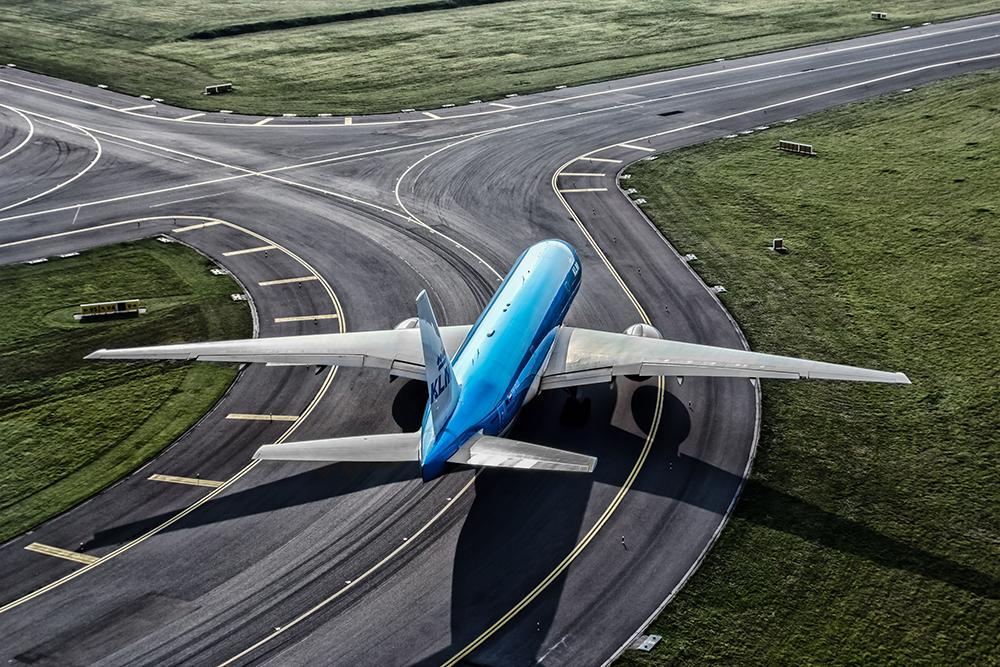Aviation Technical Consortium Testing New Approach to Predictive Maintenance

For all the talk about predictive maintenance in the past five years, it is still a very young field. Prior to the pandemic, some observers estimated that as few as 10% of airlines were using modern predictive maintenance, defined as exploiting all possible data, including sensor data, to forecast probabilities of failure in all aircraft components—not just engines—and then embedding these forecasts in optimized maintenance plans. Performing true predictive maintenance is hard for a number of reasons, not the least of which is data sharing, which many airlines are reluctant to permit.
A consortium of 13 aviation and technical partners is now testing a new approach to predictive maintenance with a novel solution to the data challenge. Backed by funding from the EU and based on three years of research, the consortium will be trialing the new approach for six months through April 2022 with one of its partners, KLM.
Bruno Santos, assistant professor of airline operations and interim head of the air transport and operations research group at Delft University of Technology, explained the project in a recent webinar. Called Real-time Condition-based Maintenance for Adaptive Aircraft Maintenance Planning (ReMAP), the project’s goal is to replace scheduled maintenance (and unscheduled, costly surprises) with maintenance actions based on the actual conditions and probable failures of components. In addition, ReMAP seeks to build this approach into actual maintenance plans, both short- and long-term.
Santos laid out some of the technology requirements for success. ReMAP must have an open IT platform so airlines and other stakeholders can collaborate effectively. It must enable participants to share information reliably. It must use both statistical analysis of data and physics-based models to predict failures. And it should enable a similar approach to structural health monitoring.
Floris Freeman, research lead for KLM’s condition-based maintenance, summarized the benefits of and challenges posed to ReMAP and other predictive tools. Conventional maintenance, based on fixed intervals of time, hours or cycles, puts aircraft on the ground and not earning revenue for long periods of time. Freeman says about 80% of maintenance tasks are now done this way, and half of them just result in inspections, not alterations of the inspected items. Predictive maintenance, he says, could reduce much of the expensive ground time.
However, component failures are very rare, so it takes a massive amount of data to interpret for accurate predictions of failures. Airlines are also reluctant to share their own limited data set with other OEMs, MROs or airlines.
ReMAP proposes what Freeman calls a “federated approach” to data collection. Predictive algorithms will be centralized and “travel” to different airlines to learn and improve predictive rules from the data at each airline.
Miguel Ángel Esbrí', a project manager at ReMAP technology partner Atos, explained that the project will use a distributive architecture. Predictive algorithms will be built and permanently stored in ReMAP’s core system, then sent out at the request of an airline node system. Airlines must deploy these airline nodes, store all relevant data there and also store tasks and maintenance plans.
Anarta Ghosh, research scientist at United Technologies Research Center, then outlined how the ReMAP core will automate algorithm building and continuing development with machine learning. Initial algorithms that estimate remaining useful lives of components will be sent out to airlines, learn more from each airline’s data, then return—improved in accuracy—to ReMAP’s core.
Ghosh also stressed “explainability” as an important part of ReMAP’s approach. He is developing cutting-edge visualizations of data and predictions so airline managers can understand the reasons for the predictions and where the problem is in each component that needs fixing.
Delft University’s Santos explained that ReMAP is also developing both short- and long-term maintenance planning models to use ReMAP’s predictions. He estimates that ReMAP’s approach could reduce inspections by 8-10% during winter and reduce ground time by 9%. The long-term planning model would use both reinforcement learning and traditional linear programming tools to optimize schedules.
The ReMAP partners have just begun to test their approach. The component portion of ReMAP will be tested with actual data at KLM. The structural health monitoring portion of ReMAP will be tested in a laboratory using several different types of sensors. Results are expected in April 2022.





